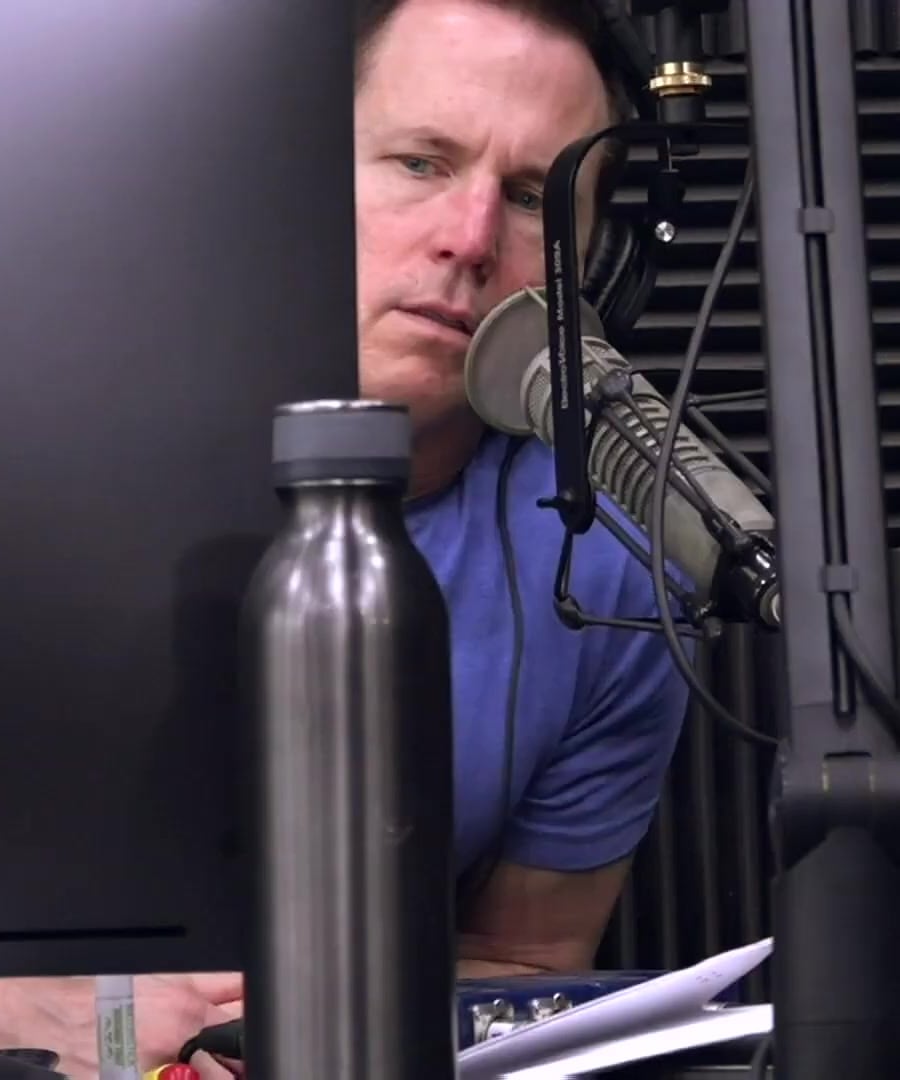Dealing with stress
Sources:
Dealing with stress involves multiple strategies, and experts emphasize various approaches:
-
Accepting the Situation:
- Acceptance is crucial in handling stress. Rather than fighting your current reality, accepting it can significantly reduce stress. This principle is echoed across different philosophies and practices globally 1.
-
Exercise and Physical Activity:
- Regular exercise is vital for managing stress. Physical activities help maintain mental clarity and a positive attitude. Skipping exercise can degrade the quality of thinking and mood 2.
-
Addressing Physical and Emotional Stress:
- Techniques like deep breathing and cold exposure can reduce physical stress. Practicing radical acceptance and focusing on what you can control are critical for managing emotional stress 3.
-
Sleep and Relaxation:
- Prioritizing sleep is fundamental for stress management. A structured sleep routine can significantly enhance your ability to handle stress. Engaging in calming activities before sleep also helps 4.
-
Mindset and Resilience:
- Maintaining an optimistic mindset and building resilience can make a substantial difference. Staying positive and realistic about challenges is essential for long-term stress management 2.
-
Completing the Stress Cycle:
- Stress and stressors are different; the stress response needs to be physically processed even after the stressor is removed. Engaging in activities that allow the body to complete the stress response cycle is crucial for overall well-being 5.
-
Balanced Diet and Avoiding Stimulants:
- A balanced diet and adequate rest are pivotal. Eliminating caffeine can prevent exacerbating stress levels, and paying attention to food intolerances can also help reduce anxiety 6.
-
Proactive and Reactive Stress Management:
- Proactively addressing stress sources (e.g., bad relationships, unfulfilling jobs) and employing reactive recovery strategies (e.g., massages, walks, saunas) effectively manage stress 7.
Implementing these strategies can help reduce and manage stress, enhancing overall health and productivity.
RELATED QUESTIONS-



